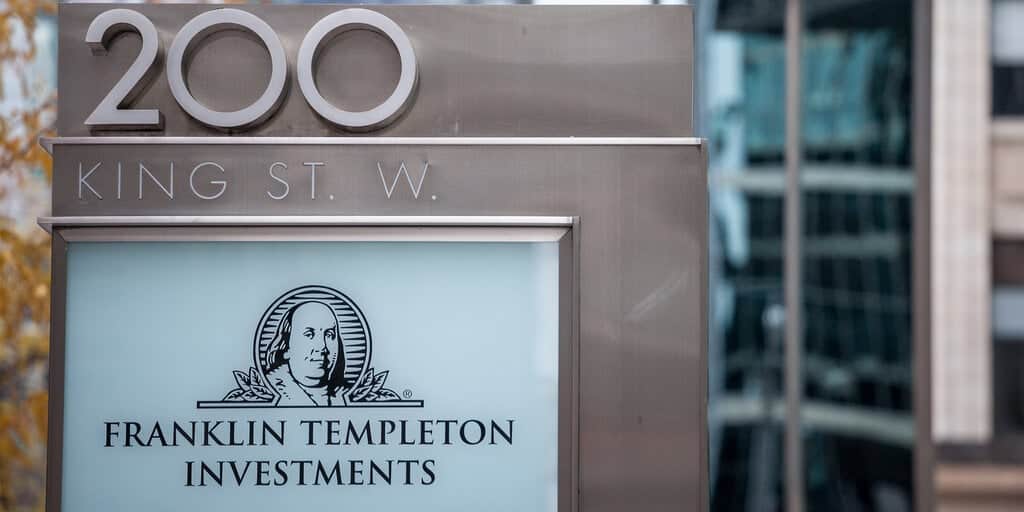In the ever-evolving world of finance and technology, the intersection of traditional asset management and digital assets continues to deepen. A noteworthy development in this space is the recent filing by top asset manager Franklin Templeton for a novel exchange-traded fund (ETF), named the Franklin crypto Index ETF, with the ticker EZPZ. This move could potentially open new avenues for investors seeking diversified exposure to the cryptocurrency market through a basket of crypto funds.
Understanding the Franklin crypto Index ETF
The proposed Franklin crypto Index ETF intends to provide investors with exposure to digital assets that are included in the CF Institutional Digital Asset Index. This index is provided by CF Benchmarks, a leading firm that offers cryptocurrency data to companies. At its inception, the ETF plans to initially hold bitcoin and ethereum, according to a recent Friday filing with the Securities and Exchange Commission (SEC).
The Role of Coinbase as Custodian
Underpinning this innovative financial product is Coinbase, the largest crypto exchange in the United States, which is set to be the custodian for the proposed fund. The involvement of Coinbase is significant, as it already provides custodial services for digital assets for other top fund managers that have launched crypto ETFs. This partnership underscores the growing collaboration between traditional finance and the burgeoning world of cryptocurrencies.
Franklin Templeton’s Foray into crypto ETFs
Franklin Templeton is not new to the cryptocurrency ETF space. The firm has previously launched a spot bitcoin ETF and an ethereum ETF within the same year. These funds offer investors the opportunity to gain exposure to the two largest cryptocurrencies by market capitalization. Despite initial reluctance from the SEC, these crypto products, which allow investors to invest in digital assets via shares that trade on a stock exchange, have eventually received the green light.
Exploring New Frontiers with the Arbitrum Network
Beyond the ETF proposal, Franklin Templeton also made headlines this week with its announcement that its Nasdaq-listed OnChain U.S. Government Money Fund, FOBXX, is now accessible on the Arbitrum network. Arbitrum, a leading scaling solution for ethereum, seeks to enhance transaction speeds on the second-largest crypto network. This move is indicative of Franklin Templeton’s commitment to leveraging cutting-edge technology to enhance its financial offerings.
Implications for Investors and the crypto Market
The introduction of the Franklin crypto Index ETF, coupled with Franklin Templeton’s innovative use of the Arbitrum network, represents a significant milestone in the convergence of traditional finance and digital assets. For investors, this development offers an exciting opportunity to participate in the crypto market through a regulated, diversified investment vehicle. Moreover, the involvement of a reputable asset manager like Franklin Templeton and a trusted custodian like Coinbase helps to mitigate some of the risks associated with direct investment in cryptocurrencies.
In summary, Franklin Templeton’s filing for the EZPZ ETF marks a notable advance in the integration of digital assets into mainstream investment portfolios. As the regulatory landscape continues to evolve and traditional financial institutions dive deeper into the crypto space, the future looks promising for investors seeking to tap into the growth potential of cryptocurrencies. With initiatives like these, the bridge between the old and the new world of finance grows ever shorter, opening up a universe of possibilities for the savvy investor.
In the dynamic interplay of innovation, regulation, and market demand, such developments not only underscore the growing acceptance of digital assets in the financial world but also highlight the innovative approaches being employed to cater to the diverse needs of investors. As we move forward, it will be interesting to observe how other traditional financial players navigate this new terrain and contribute to the ongoing transformation of the investment landscape.
